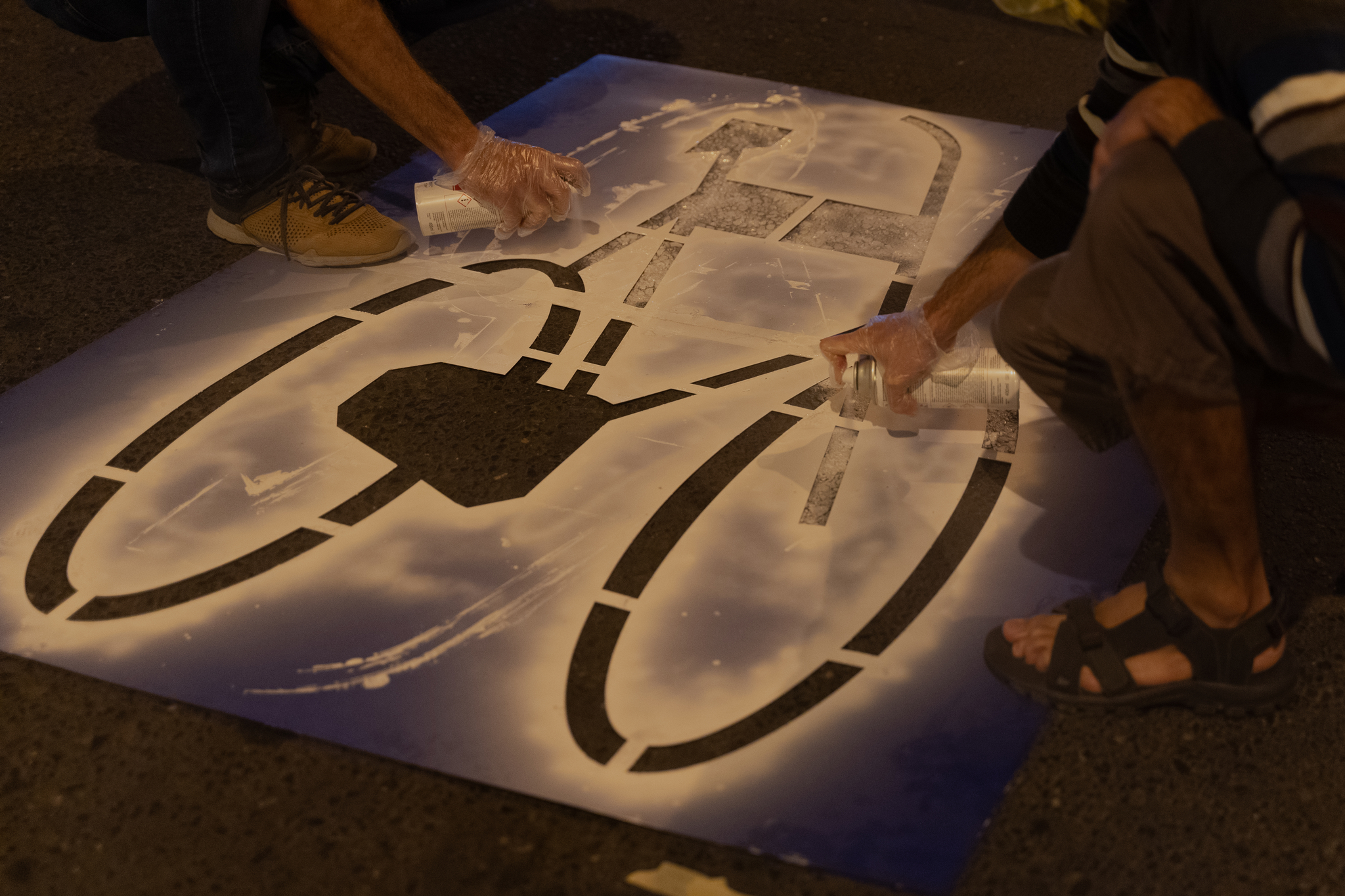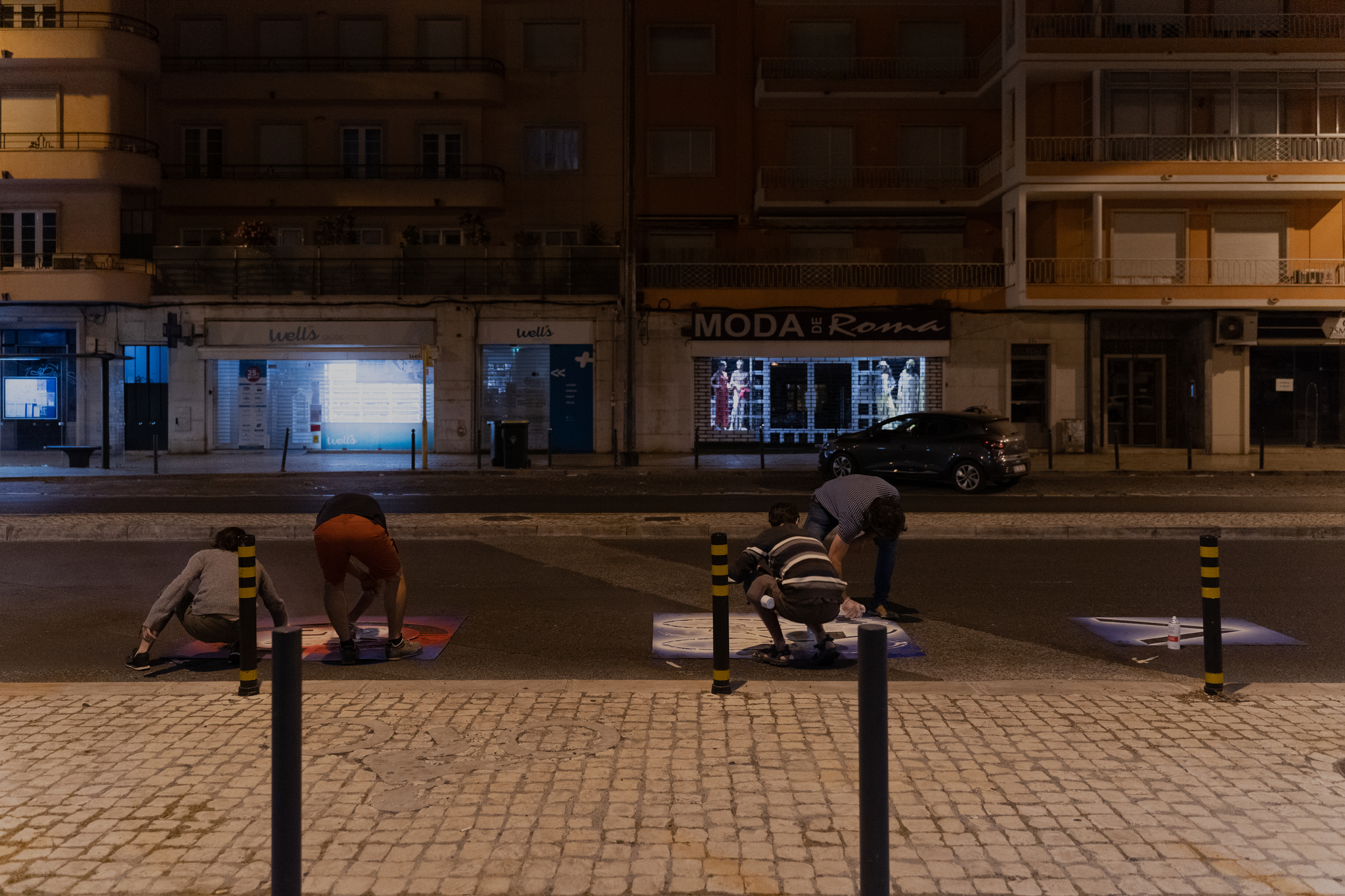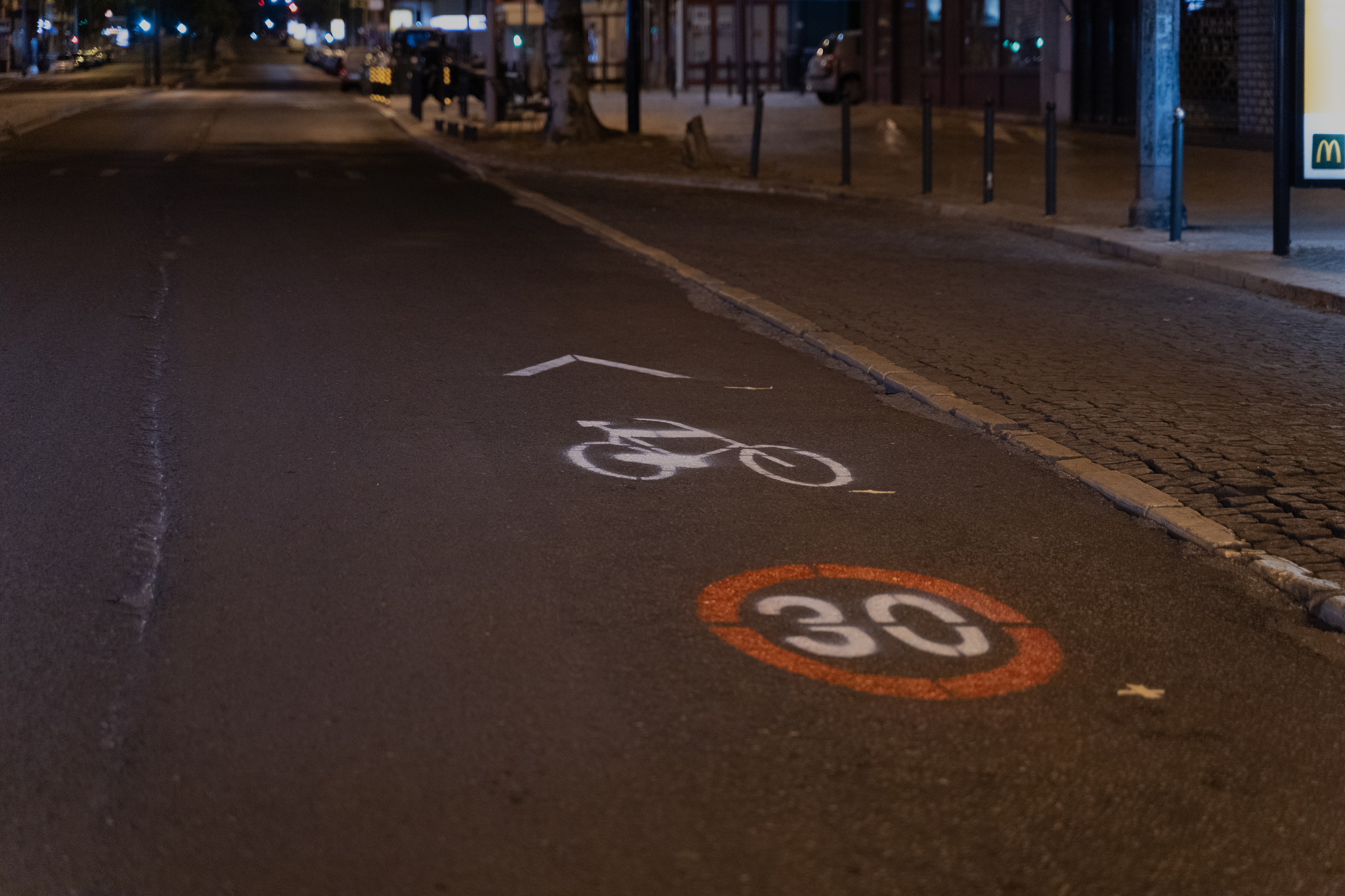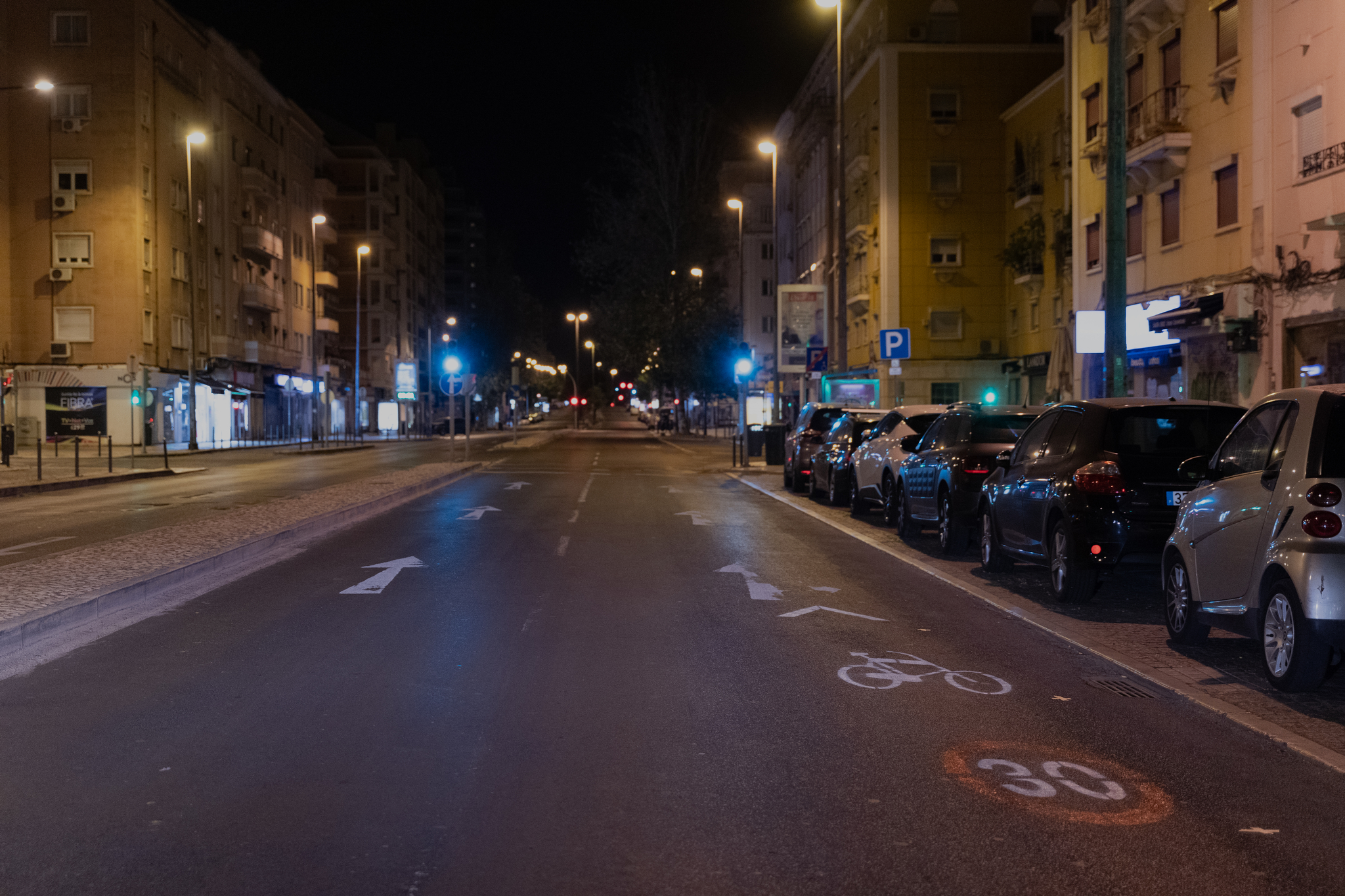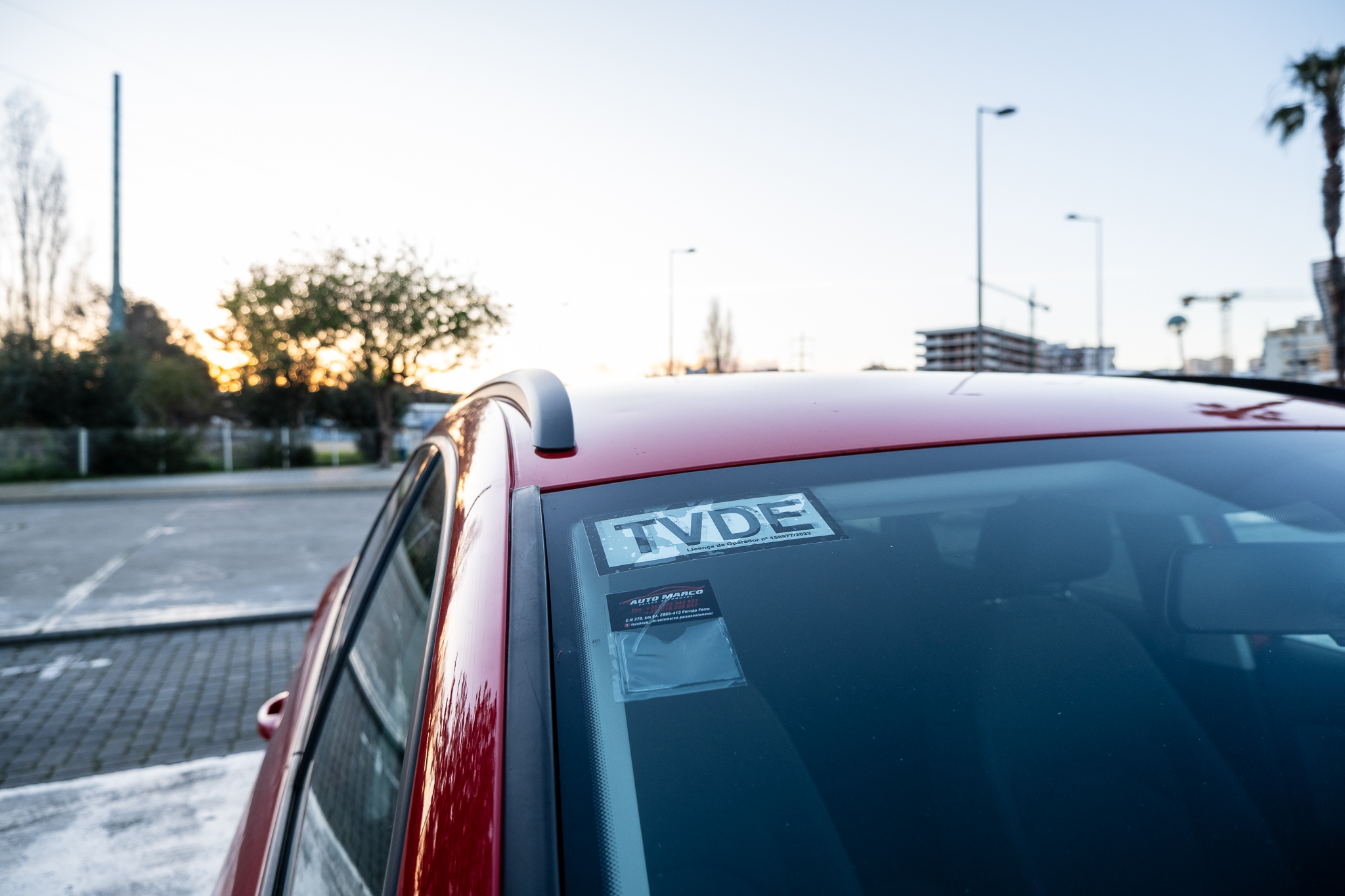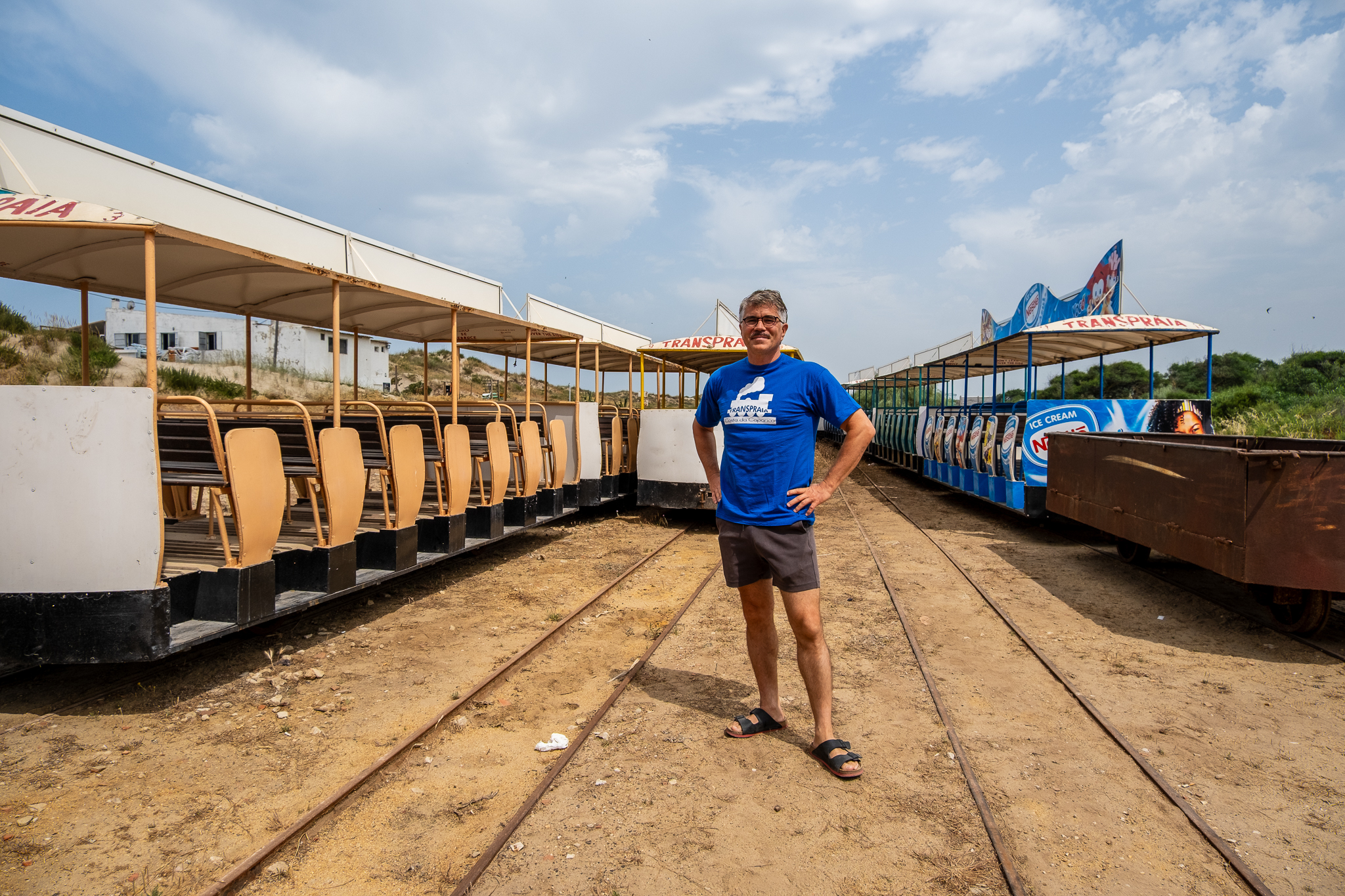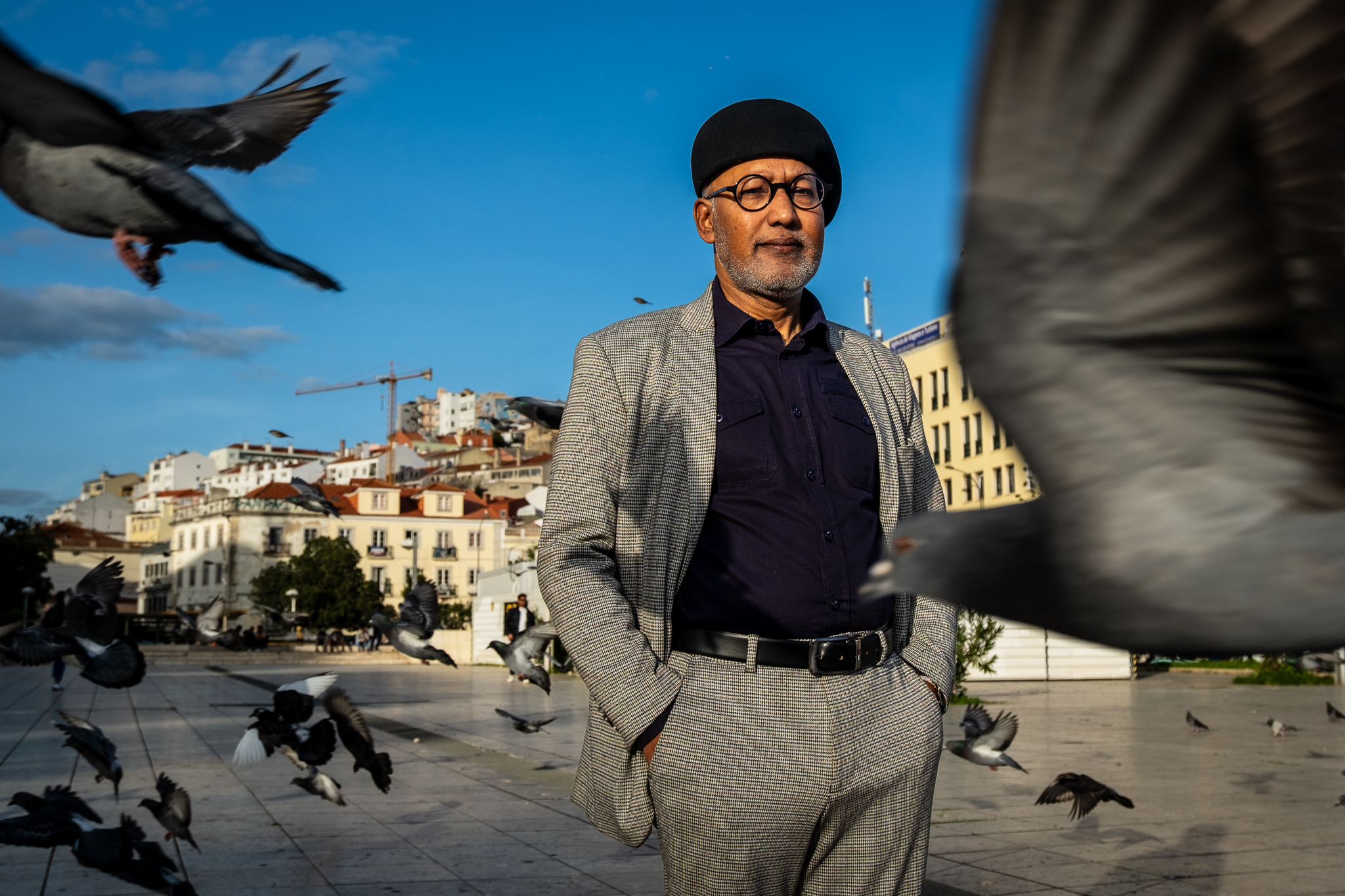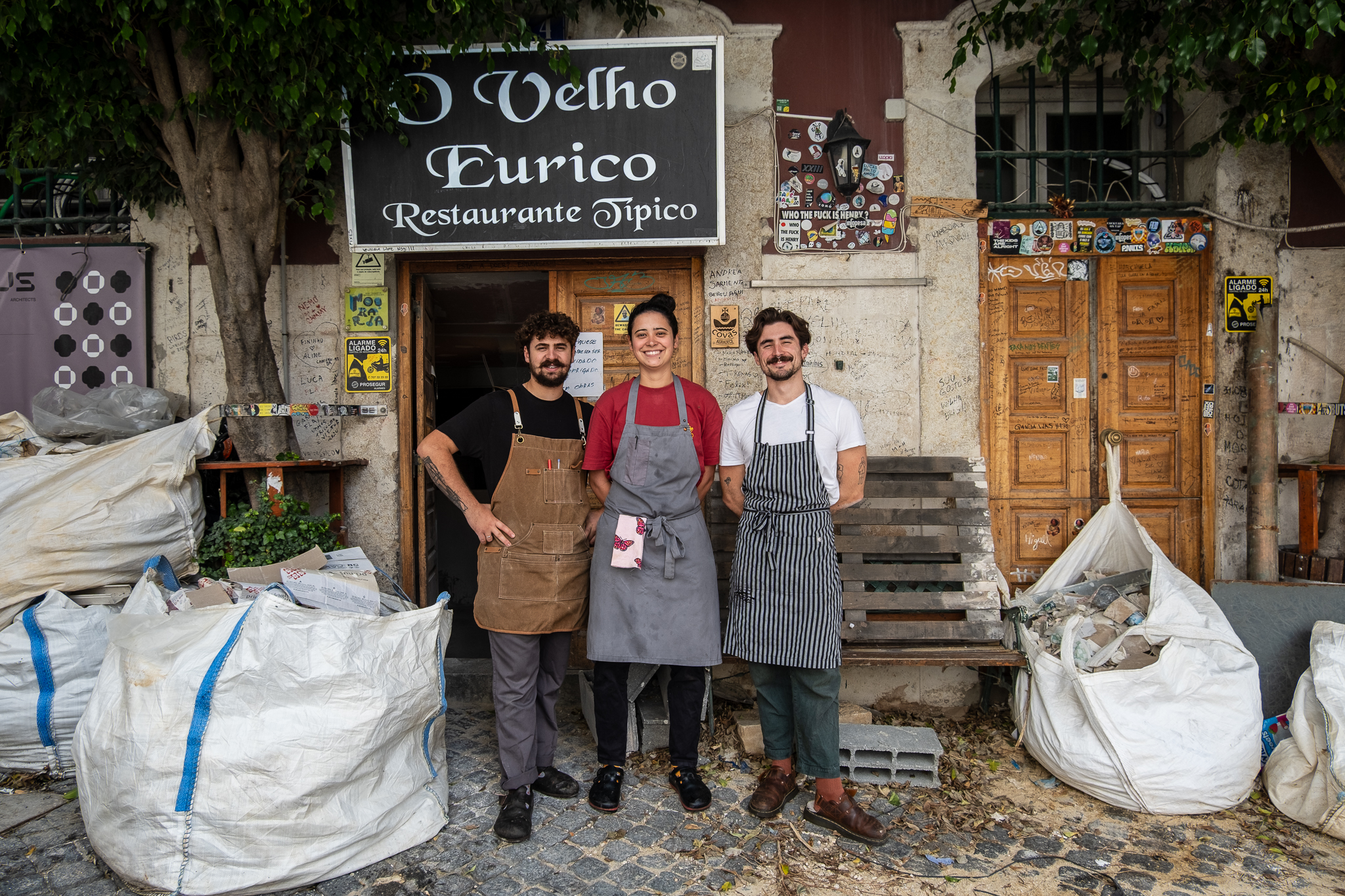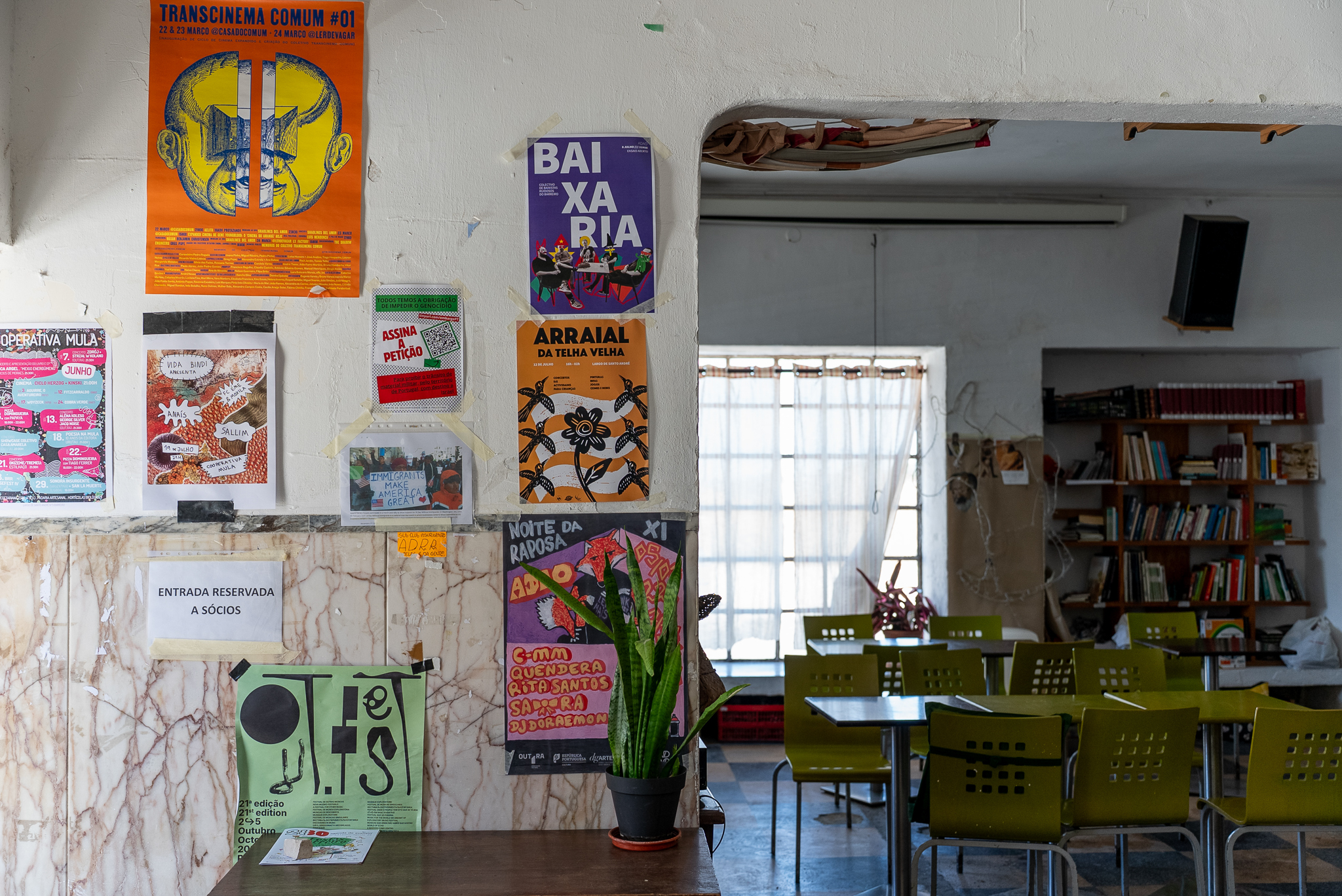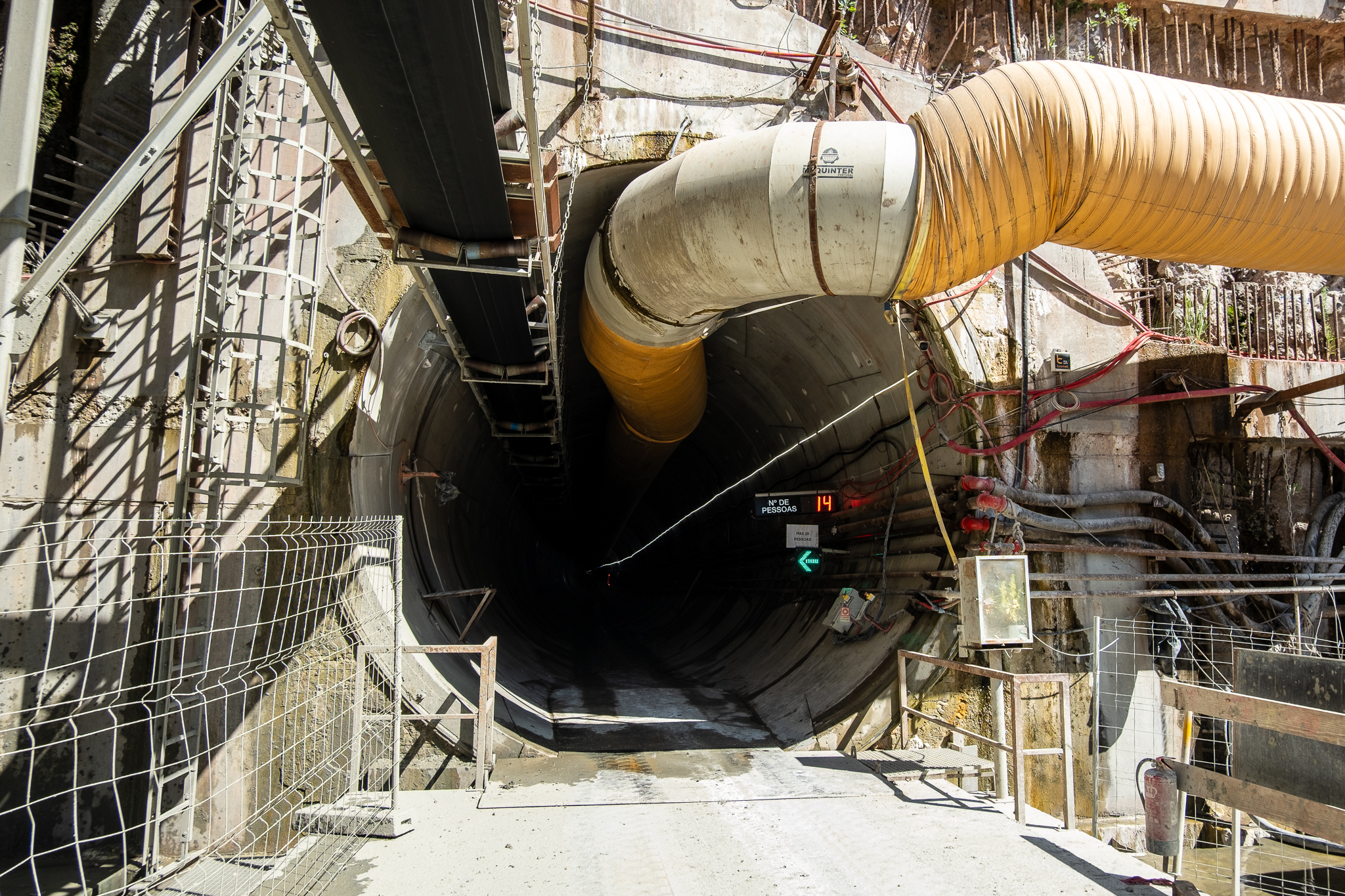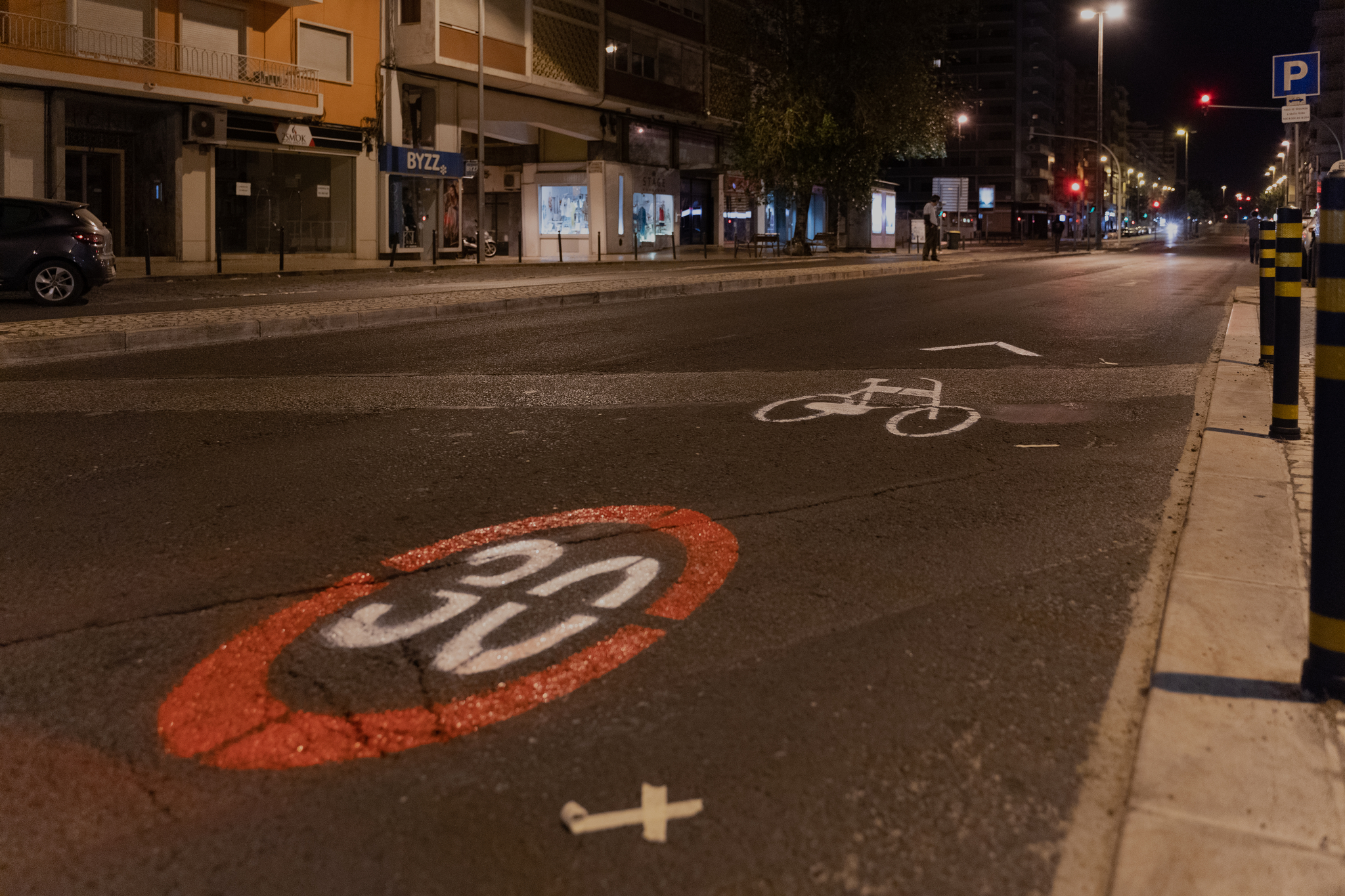
CicloManifesto of a 30 + Bici Shared Lane* linking two disconnected cycle paths into a network, for a Capital that is more than Green, it's Cycleable
This intervention is a citizen's initiative carried out by a group of anonymous bicycle users with no association with each other or with other entities, whose aim is to connect the recently completed cycle paths of Praça de Londres, Avenida Guerra Junqueiro and Avenida Manuel da Maia to the more than 10-year-old cycle path that connects Areeiro station to Entrecampos, to mark World Bicycle Day.
This action is a sign of encouragement to the Lisbon City Council, to show full support for the "pop-up bike lanes" that have been made in recent weeks (without, so far, a concrete mobility plan to respond to the pandemic having been officially announced) and to warn of the need to speed up the much that remains to be done.
We urgently need to implement all the cycle paths that have been planned for the next few years, and extend this planning so that all areas of Lisbon are served by cycle paths.
We are still living through the Greatest Respiratory Disease Pandemic of the Century, which studies show is seriously aggravated by air pollution - which was already a serious problem for people's health before the pandemic.
It's time to act. Just as in the aftermath of the 1755 earthquake the city of Lisbon was not rebuilt along the lines of the medieval city, after the state of emergency, the mobility of citizens cannot return to the pre-Covid-19 molds.
We need more cycle paths, networked together and linked to the main cycle routes in neighboring municipalities, to ensure that everyone who lives, studies and works in Lisbon, or visits the city, can get from one point of the city to another at any time, quickly, comfortably and above all safely.
We need a network of cycle paths that ensures our safety and that of our children and grandchildren. We want to move around more safely and we want the conditions to be in place for even more people to opt for smooth, active and clean mobility in our city.
There is an urgent need to drastically reduce combustion engine vehicles in the city center in order to reduce air pollution. There is an urgent need to reduce the speed of cars on Lisbon's streets and avenues to 30km/h in order to reduce pollution and road accidents within the municipality.
As the European Green Capital in 2020 and VeloCity in 2021, Lisbon has the responsibility and the opportunity to be the beacon for the future of mobility, not just in the country, but in Europe.
(* the correct solution to implement definitively would be a segregated cycle path in each direction along the entire length of the avenue)
